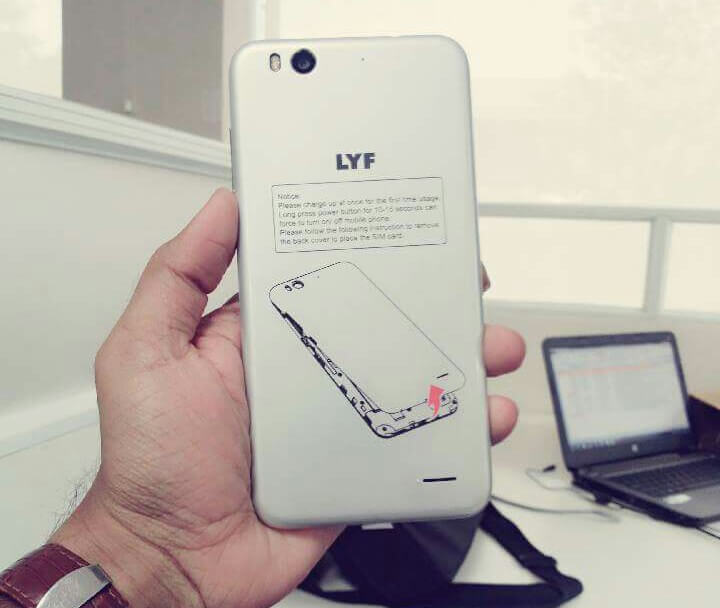Jio owns the recognition to become the first telecom operator in the country to launch its own devices brand “Lyf”. Bundling of devices with their services is a common practice in several countries, but India is new to this concept. The success or failure of Reliance Jio’s Lyf brand, hence, determines the retention of this concept in the country, analyzes The Telecom Times.

According to Counterpoint Research, Reliance Lyf brand has captured 7% market share in the first quarter of the current calendar year. It is also the fifth largest player in the market. Lyf has surpassed long-time players such as Micromax and Lenovo to grab the position of second largest Long Term Evolution (LTE) phone supplier after Samsung. Moreover, it registered 12.6% market share in the March quarter to become India’s third largest selling mobile phone brand (Source: CyberMedia Research and Services Ltd) after Samsung and Lenovo. These data show that the brand Lyf is already on its path to success to a certain extent.
However, Reliance Lyf started shipping only in December 2015 and till April it sold nearly 1.5 million devices. The first quarter sales were more of a channel filling than an actual sale, assumed The Telecom Times. The real impact of sales will be apparent only in the second quarter, the blog said.
To go slightly in-depth into the scenario, it is necessary to consider other scenarios revolving around the 4G situations of the country. To say, India has the lowest ARPU in the world and with more than 90% subscribers registered as prepaid subscribers. This lower ARPU is one reason for the Indian telecom service providers to stay away from offering bundling deals (devices + data deals) to subscribers.
Reliance Jio daringly entered into this bundling deals with the launch of Lyf brand, primarily because it wanted to make Voice-over-LTE (VoLTE) devices available in the market. Also, the provider wanted to position itself as an operator offering VoLTE experience to its subscribers. The market was also showing more inclination towards the 4G revolution and the company was rather left with little option to launch its own brand.
Reliance Lyf devices are sold through Reliance Digital, Digital Express, and its official website. It has nearly 3,245 stores under Reliance Digital, Digital Express, and Digital Express Mini brands. This wide presence across the country with the largest retail chain under its reign has also driven Reliance Jio to launch Lyf. The company has further established connections with many mobile retailers and e-commerce websites. There are four variants available for Lyf so far -- Flame, Earth, Water, and Wind, which are sold between a price range of Rs. 5500 to Rs. 20,000.
Reliance recently slashed the price of Lyf devices too and made new launches, which is sure to capture more customers in the market. Reliance Communications has already started offering RJio’s 4G services to its subscribers in a few circles. More circles are coming up. Considering these facts, it is evident that the next few quarters will mark better sales to Reliance Lyf.
However, will this success of Reliance Jio in launching bundled deals inspire other telecom providers in India to launch own brands? It’s unlikely, pointed out The Telecom Times. “It is comparatively easier for a Greenfield service provider with new technology to push its own devices brand. A well-established service provider, on the other hand, would be reluctant to launch its own devices brand now,” the article analyzed.
At the same time, bundling of devices with their services might be something that some Indian telcos would like to experiment with. Idea is already doing at a small scale and Bharti Airtel and Vodafone are bundling Apple’s iPhone with their services. It remains to be seen if this would actually lead to a change in the prevalent business model in the country.















